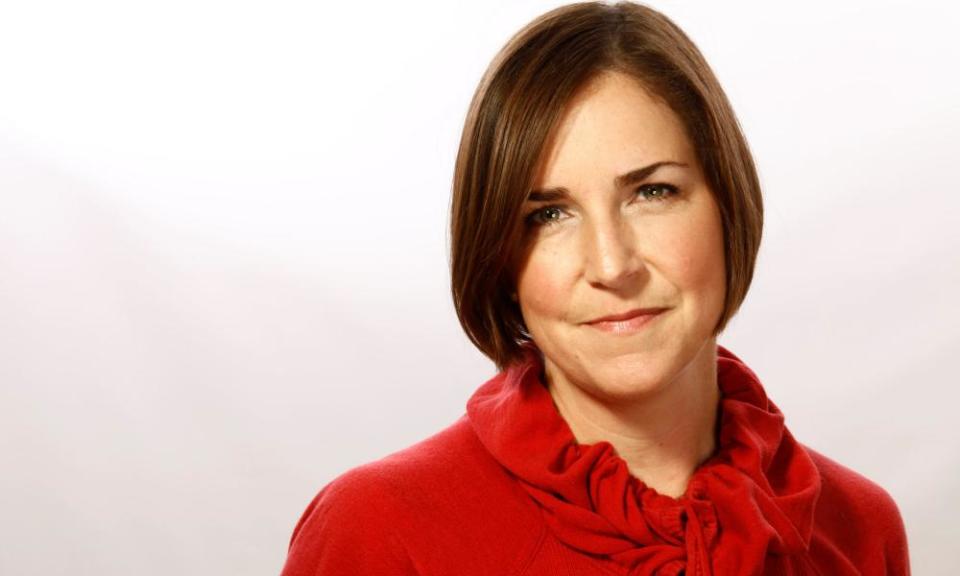Urgent change needed to stem femicides, says new domestic abuse tsar

The first commissioner for domestic abuse for England and Wales, who will have significant powers once the domestic abuse bill becomes law early next year, has committed to working closely with the campaign to tackle femicide – the killing of women at the hands of men.
At a virtual event last Thursday, attended by more than 600 people, Nicole Jacobs expressed her “sheer frustration” at the “postcode lottery” and lack of a co-ordinated response on the part of agencies to tackle the killing of women. “We all have such an urgency for change” she said.
The event marked the publication of the Femicide Census, entitled, “If I’m not in on Friday, I might be dead”, the words of Judith Nibbs, beheaded by her husband, Dempsey Nibbs, in 2014. The census, reported last week in the Observer, analyses why and how, over a 10-year period (2009-18), 1,425 women were killed by men. One woman died, on average, every three days. Twenty men killed twice. The rate of killing has remained unchanged over the decade in spite of increased awareness, investment in police training and changes in the law.
Jacobs, the designate Domestic Abuse Commissioner was previously CEO of the charity Standing Together and has worked to tackle male violence towards women and girls for more than 20 years. She pointed out that her powers allow her to seek information from public bodies, make recommendations and to expect the authorities to respond within 56 days.
The Femicide Census highlights how data in areas such as recording ethnicity, histories of abuse and official inquiries into police conduct in investigating abuse and femicide are often “sparse, inaccurate or incomplete”.
The census was founded by Karen Ingala Smith, chief executive of Nia, a sexual and domestic violence charity, and Clarissa O’Callaghan, a former solicitor. They head a small team who research each killing with pro bono support from Freshfields Bruckhouse Deringer, an international law firm, and consultants Deloitte.
The census only includes cases in which “it can be legally said a man has killed this woman”. The report states that “patterns of male violence are persistent and enduring”. “We need to see the patterns to stop women being killed,” Ingala Smith said on Thursday.
Patterns of male violence were discussed by a panel on Thursday that included Professor Jane Monckton Smith from the University of Gloucestershire. She has established eight stages in a relationship that may predict femicide. They include a history of stalking and/or abuse, coercive control; planning to kill and a woman’s decision to leave the relationship.
The Femicide Census records that in 46% of cases perpetrators had a history of violence. Sixty-two per cent of women were killed by a current or former partner, four in 10 of the dead women had left their killer or had announced an intention to do so. “We still think deaths are about a man out of control – ‘a red mist coming down’ – so they are not predictable,” Monckton Smith said. “They are.”
Nimco Ali, the government’s adviser on violence against women and girls, speaking in a private capacity, said that a woman’s experience of male violence is vital in “leading and shaping policy”.
Davina James-Hanman, who has reviewed many domestic homicides for the Home Office, said that when women speak out about their abuse, as seven in 10 dead women in the census had done, they go unheard: “They are routinely assumed to be liars.”
In a call to action, O’Callaghan said that 95% of charges of murder in femicide secure a conviction “and that is a success”, unlike the abysmally low conviction rate for rape. “When a woman is allowed to speak in court the system becomes beyond dysfunctional. It is only when she is dead that it is hyperfunctional.” She also pointed that none of the leaders of the main political parties had commented on the census and the persistence of the rate of femicide. “Shame on them,” she said.
Jacobs said that to tackle femicide and violence against women and girls: “We need to drive change by establishing what good looks like.”

 Yahoo Finance
Yahoo Finance 